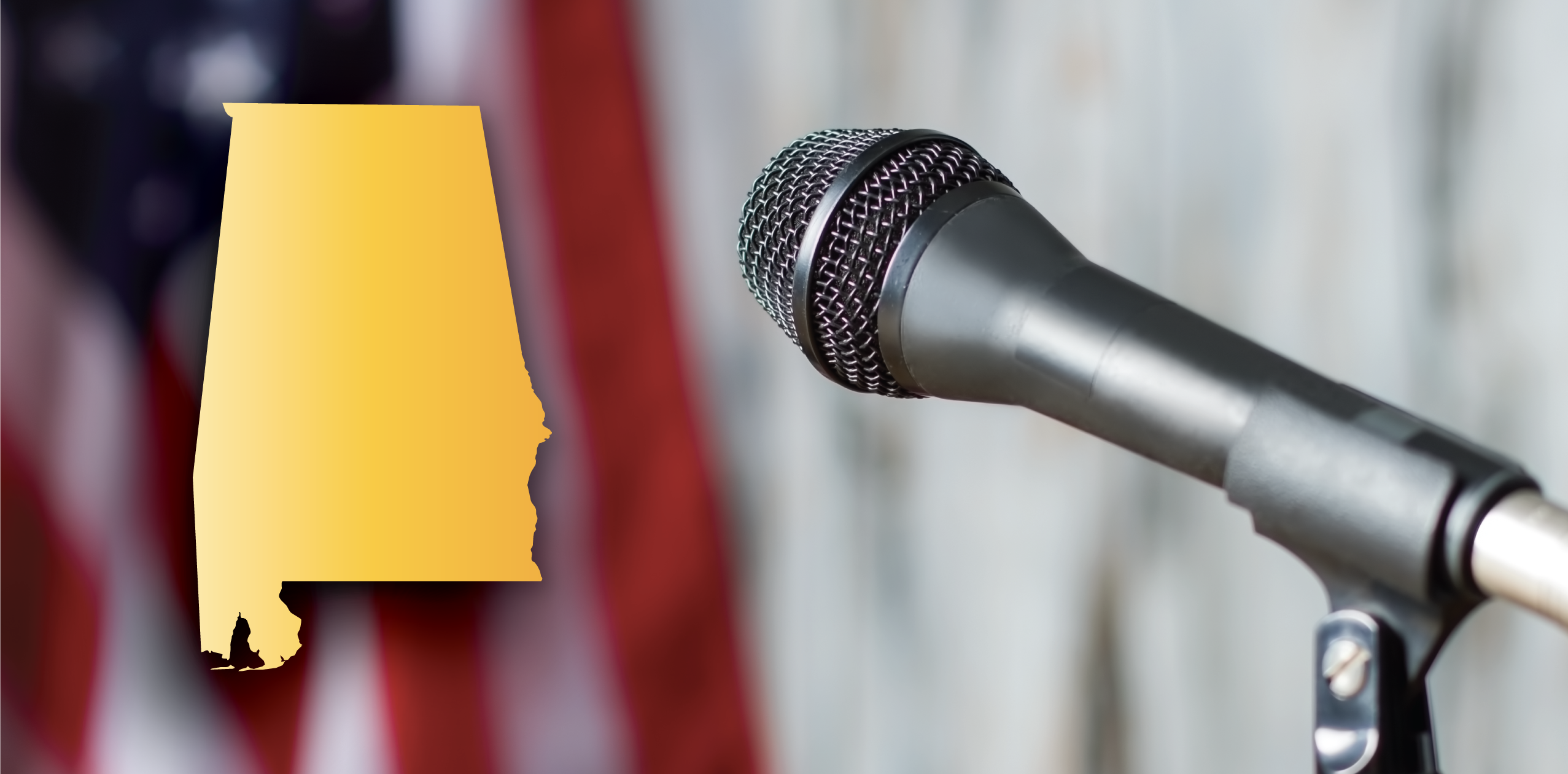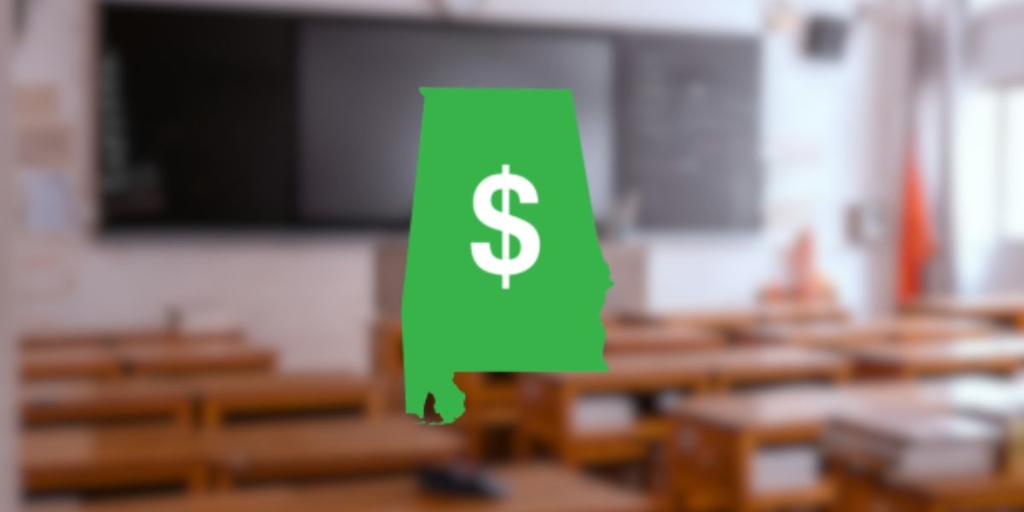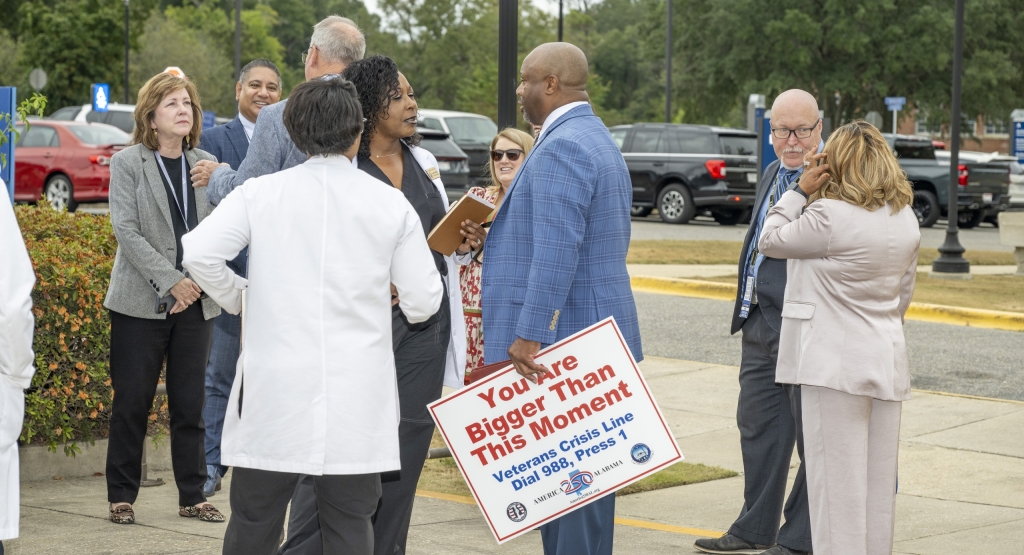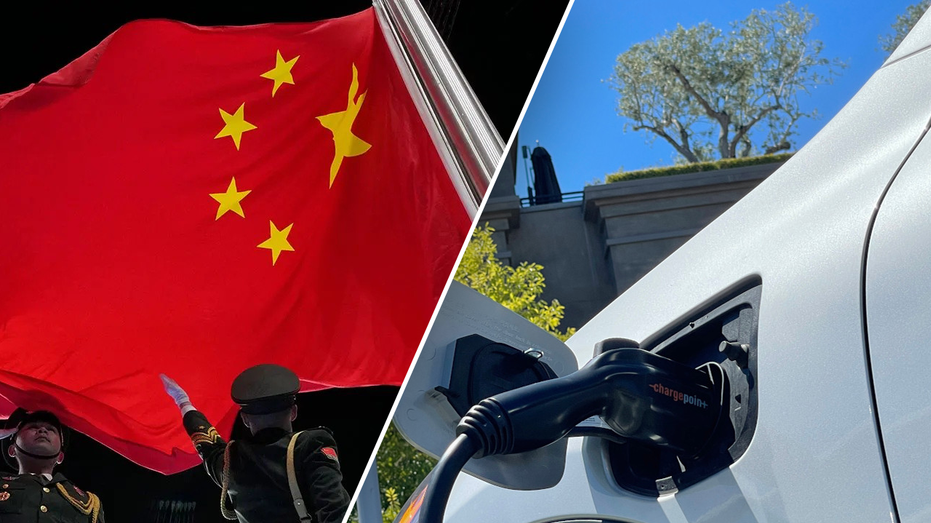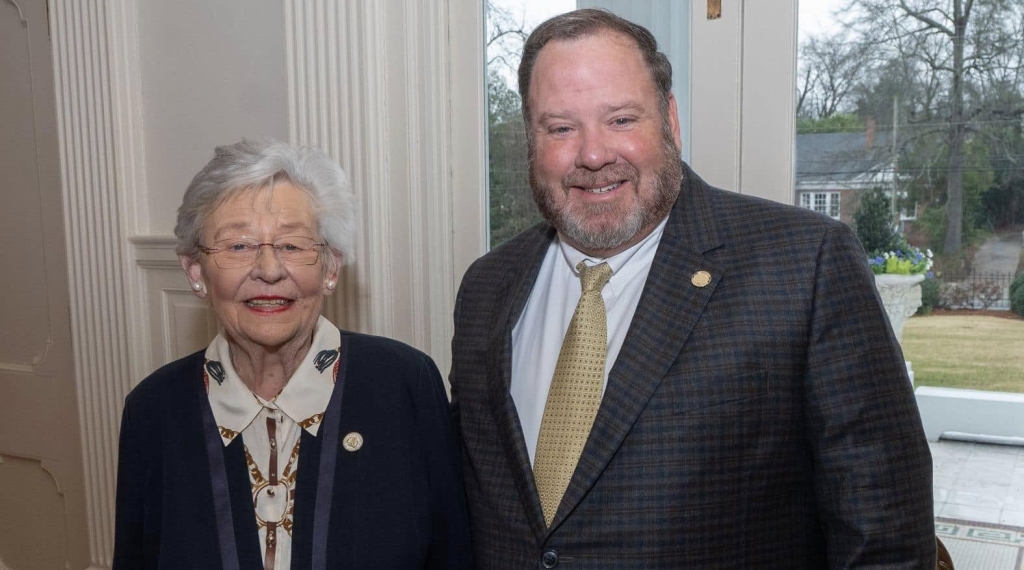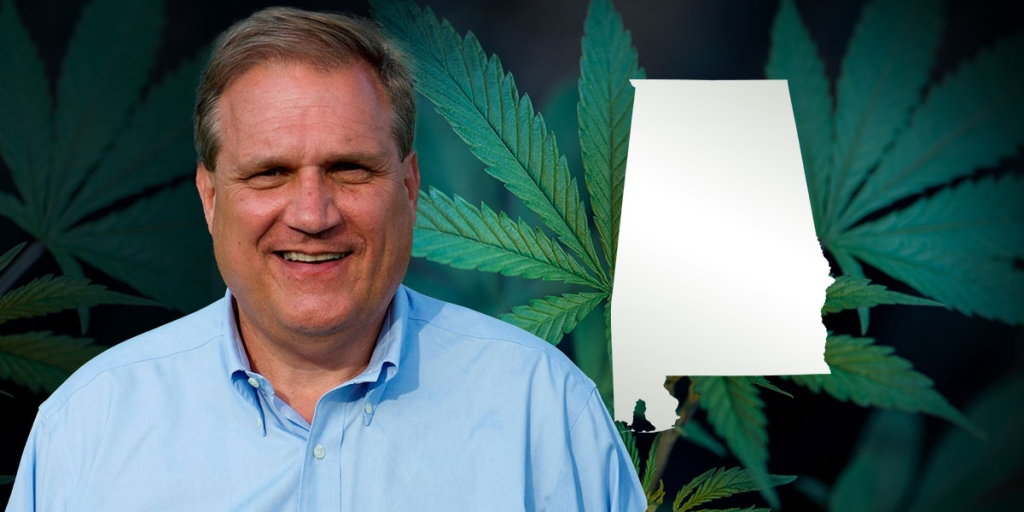A job well begun is half done, an old proverb goes. The Alabama Legislature has well begun its effort to protect personal privacy and free speech.
Now, it’s time to finish the task.
Last year, Alabama lawmakers unanimously adopted the Personal Privacy Protection Act. That law protects Alabamians from having their personal information abused or improperly disclosed when supporting nonprofit causes. Specifically, the law prohibits state agencies from demanding or disclosing the personal information of nonprofit members, supporters, and volunteers, except where required by current law. Supporters and opponents of the Second Amendment, abortion, and gambling alike are equally protected under the law.
Alabama is one of 17 states in recent years to pass a law safeguarding its residents’ privacy. The wave of legislation was sparked by scandals in states like California and New York. Officials there faced federal lawsuits – one of which went to the U.S. Supreme Court – after building massive government databases that tracked Americans’ giving to nonprofit causes.
Citizens have a right to support causes they believe in without harassment or intimidation. Yet, when government monitors every American’s giving choices and collects the information in a central database, this fundamental freedom can be quickly undermined through hacks, leaks, and misuse.
When donations are exposed, Americans can suffer harassment at their homes or their workplaces simply for supporting a cause that someone else opposes. Instead of a peaceful exchange of ideas, we get heated personal conflict. Instead of democracy, we get chaos.
For state governments, warehousing volumes of sensitive data is more trouble than it’s worth. Any information collected must also be secured. Yet, a trial over California’s efforts to monitor nonprofit donors revealed that state regulators neither needed nor used the information the state was collecting. The precious resources spent gathering and safeguarding all that data were wasted.
The Personal Privacy Protection Act prevents state officials from going rogue and building a California-style donor database on their own. But it did not address threats to privacy in current law. As a result, Alabamians can still suffer abuses of their sensitive personal information when supporting a nonprofit.
To enshrine lasting protections for privacy and free speech, new legislation is needed. It’s long past time to review Alabama’s statutes regulating political speech to ensure that all citizens are truly free to support the causes of their choice. State law is riddled with expansive, confusing, and nonsensical provisions that threaten to silence nonprofits that speak about policy issues. Likewise, those same laws threaten the privacy of Alabamians and subject them to possible retribution for their beliefs.
Protecting the privacy of individuals who support nonprofits will also benefit philanthropy in Alabama. Noble causes lose out on valuable funding when donors are subject to public exposure and potential harassment. Protecting privacy will encourage more Alabamians to get involved.
Privacy is essential for free speech. It prevents vengeful state officials and other powerful entities from seeking retribution against members of organizations that criticize their actions or oppose their agendas. Without privacy, nonprofit causes that espouse unpopular or dissident beliefs could be harassed into silence.
Alabama was in many ways the birthplace of donor privacy. The NAACP fought a hard-waged battle to keep their members’ identities private in the 1950s, culminating in a unanimous Supreme Court decision. Over 65 years later, NAACP v. Alabama remains the landmark legal precedent for donor privacy.
Then and now, free speech is simply too important to allow Americans to be silenced through intimidation tactics. Alabama has made great strides since the NAACP first fought for donor privacy. Now, it’s time to finish the job.
Heather Lauer is the CEO of People United for Privacy, a nonprofit that defends the First Amendment rights of all Americans, regardless of their beliefs, to come together in support of their shared values.




